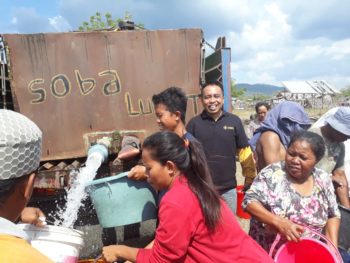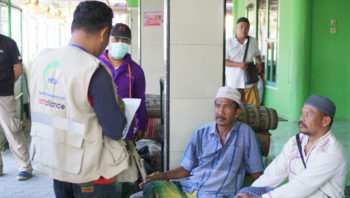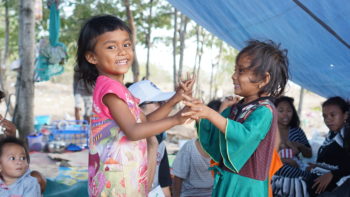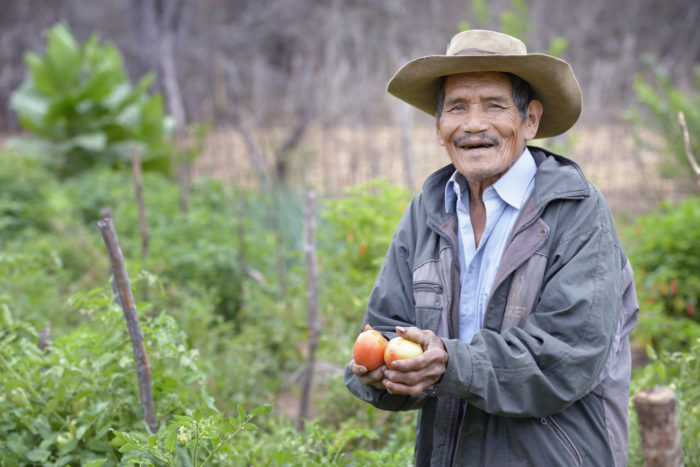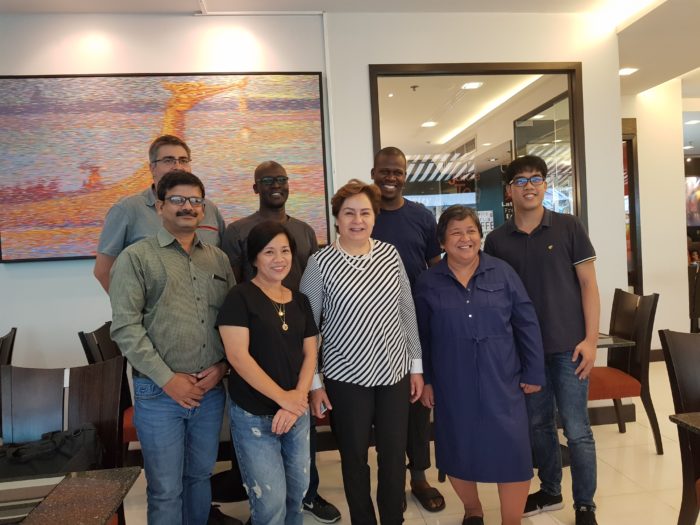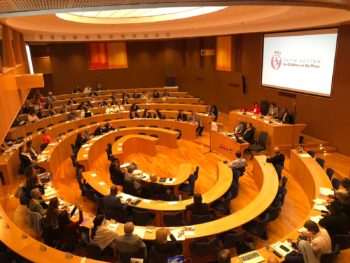
October 16, 2018 – This week a diverse group of organisations have come together for a forum at the Jesuit Curia in Rome where they will discuss how faith leaders can work together to end violence against children on the move.
According to UNICEF more than 28 million children around the world have been forced to flee their homes because of violence and conflict, and the violence they experience is the catalyst for the Faith Action for Children on the Move; Global Partners Forum, October 16-18. Ahead of the event, the 14 organising partners said:
“As people of faith, we are in a unique position to address the rights of children on the move.
“Across different faith backgrounds we feel a call and a responsibility to protect and give a voice to these children. Our calling has compelled us to come together, review what we do well and commit to doing more.”
The issue of children on the move has never been more pressing. Between 2005 and 2015 the number of child refugees worldwide more than doubled. The forum will bring organisations together to commit to a collective action plan on how they can work together in the future to protect, nurture and support children on the move.
“Considering that the majority (84% according to the Pew Research Center) of the world’s population identifies with a religious group, people of faith can and should be acknowledged as a powerful force in the world.
“As faith-based organisations, we believe that we are stronger together, together we can reach the most vulnerable, and together we can have a greater impact on more children.
“We recognise that partnering from different beliefs and religions enhances respect for our common values and respective contributions. We condemn xenophobic and discriminatory narratives and reaffirm the need to speak up with words of solidarity, hospitality and love.”
The role of faith in three key areas affecting children on the move will be discussed by the participants at the forum:
- Building peaceful societies and combating xenophobia
- Strengthening the continuum of protection for children on the move
- Providing spiritual support to children on the move and their caregivers, as a source of healing and resilience
“We hope to provide a way for organisations to partner in protecting children on the move and also include children in decision making and programme design processes.
“Children are the hope of humanity and must be protected and enabled to experience life in its fullness and to transform the societies in which they live.
Signed by the 14 organising partners:
ACT Alliance
ADRA
Anglican Alliance
Arigatou International
International Partnership on Religion and Sustainable Development
Islamic Relief
Joint Learning Initiative on Faith and Local Communities
Mennonite World Conference
Micah Global
Seventh-Day Adventist Church
The Salvation Army
World Evangelical Alliance
World Council of Churches
World Vision
